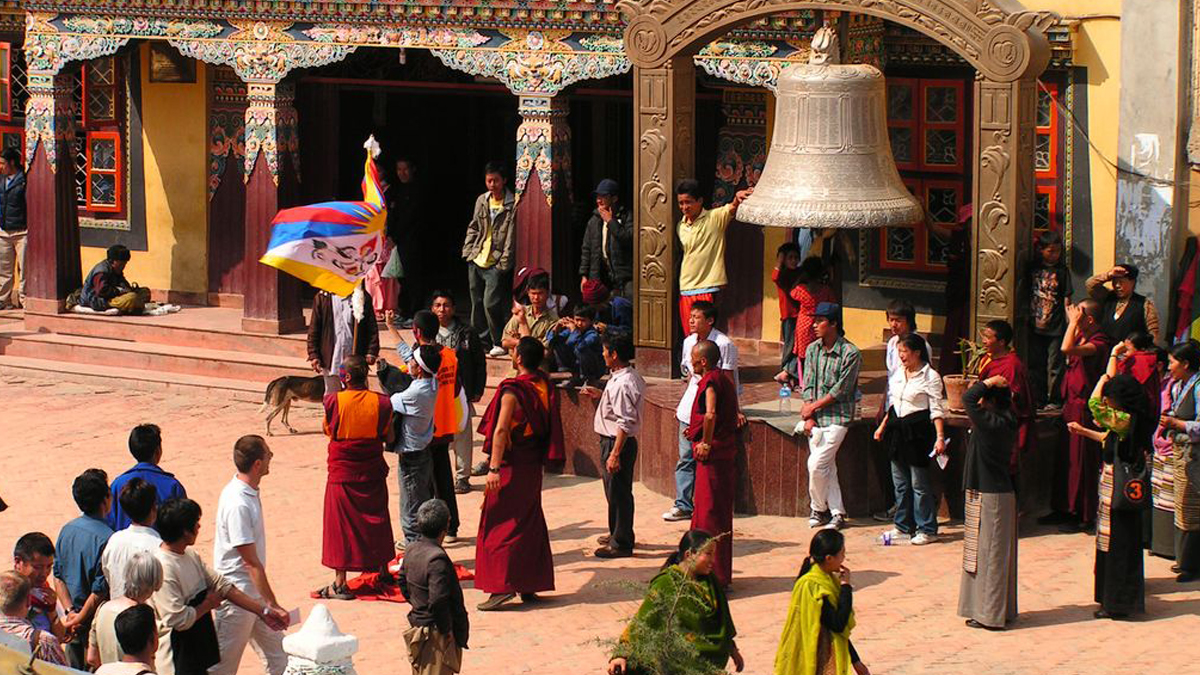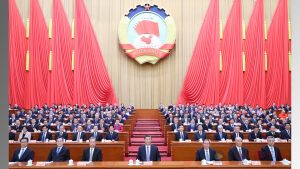
Tibet’s Plight Takes Center Stage: Urgent Calls at G20 Summit 2023
Delhi, India — The G20 summit, renowned as a global forum for the world’s most influential economies to tackle pressing global issues, is set to convene in 2023 amidst growing global concerns. Among these concerns, one matter stands out as undeniably urgent: Tibet. The region faces a multitude of challenges, ranging from environmental degradation and human rights abuses to cultural erosion and religious oppression. As world leaders gather for the G20 summit in Delhi, the time has come to shine a spotlight on Tibet, addressing the critical issues that demand international attention and action. Here, we present five significant points that warrant discussion.
Climate/Water Dam: The Third Pole in Peril
Often referred to as the “Third Pole,” Tibet plays a pivotal role in the global climate system. Its high-altitude glaciers serve as a vital freshwater source for over a billion people in Asia. However, the Chinese Communist Party’s (CCP) rule over Tibet has precipitated environmental degradation and the construction of dams on trans-boundary rivers. These actions pose a severe threat not only to Tibet’s fragile ecosystem but also to the water security of downstream nations. The G20 must urgently address the need to safeguard Tibet’s environment and water resources for the sake of regional and global stability.
DNA Collection and Surveillance
China’s oppression in Tibet extends beyond physical and environmental realms into the domain of personal privacy and surveillance. The CCP is engaged in mass DNA collection, even from kindergarten children, to create a comprehensive biological database. This invasive practice is used for monitoring and controlling Tibetans, encroaching upon their fundamental rights. The G20 summit should underscore the importance of protecting personal privacy and preventing the abuse of genetic information on such a massive scale.
Boarding Schools and Tibetan Identity
Tibetan children are increasingly detached from their cultural and linguistic heritage due to the Chinese government’s policies. Mandarin Chinese is prioritized over Tibetan in education and public life, undermining the preservation of Tibetan as a distinct language. Boarding schools, which separate Tibetan children from their families, further contribute to the erosion of their cultural identity. The international community must address the pressing need to protect and promote Tibetan culture and language.
Human Rights Violations
China’s human rights abuses in Tibet are well-documented. Tibetan monks, writers, educators, and musicians face arrests for expressing their views, sharing information on social media, or contacting relatives in exile. These individuals endure persecution simply for advocating for basic human rights and freedom of expression. The G20 summit should unequivocally condemn these violations and call for the immediate release of political prisoners in Tibet.
Religious Freedom Under Siege
Religious freedom is a fundamental human right, but it faces severe threats in Tibet. Tibetan Buddhism, a central aspect of Tibetan identity and culture, is subject to relentless suppression by Chinese authorities. Monasteries are tightly controlled, and Tibetans are persecuted for their beliefs. The CCP exploits Buddhism as a soft power tool to advance its political and economic goals. The international community must raise its voice against religious oppression in Tibet and protect the rich cultural heritage of Tibetan Buddhism.
Tibet confronts a multifaceted crisis that demands immediate global attention. The issues of environmental degradation, DNA collection and surveillance, erosion of Tibetan identity, human rights violations, and religious oppression are intertwined and necessitate a comprehensive approach. As leaders of the world’s most powerful economies convene at the G20 summit in 2023, they bear a moral responsibility to discuss Tibet and take concrete actions to address these pressing concerns.
The international community must press China to uphold principles of environmental sustainability, personal privacy, cultural preservation, and respect for human rights. In doing so, the G20 summit can contribute to a more just and equitable world, where Tibet’s unique cultural and environmental treasures are safeguarded, and the rights and dignity of its people are respected. The inclusion of Tibet on the G20 agenda transcends regional concerns; it is a global imperative that aligns with the values of justice, human rights, and environmental stewardship.
















Comments